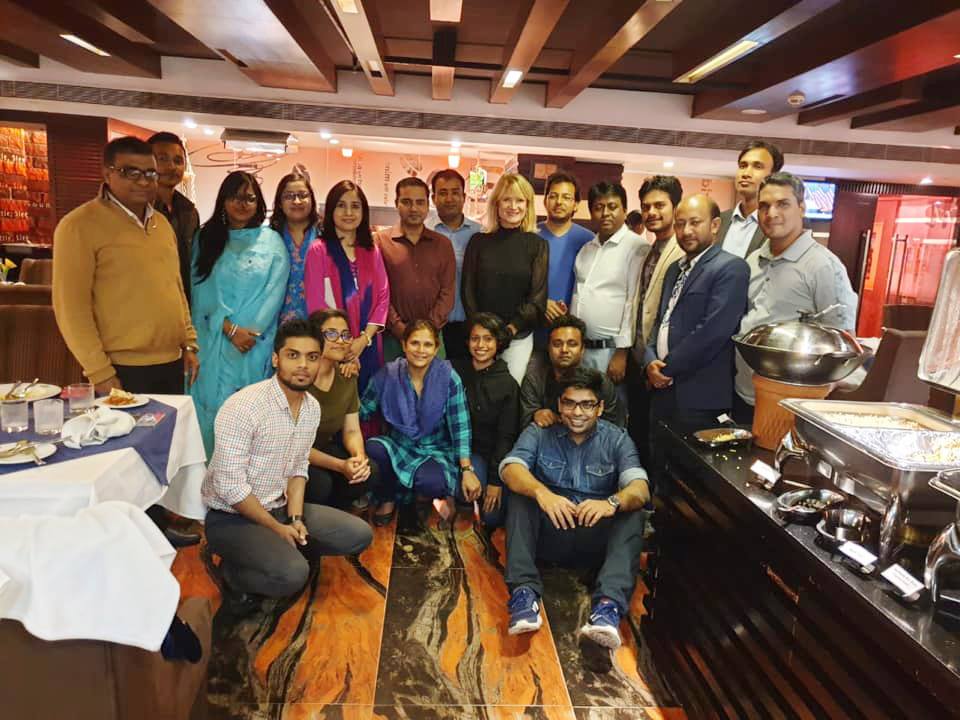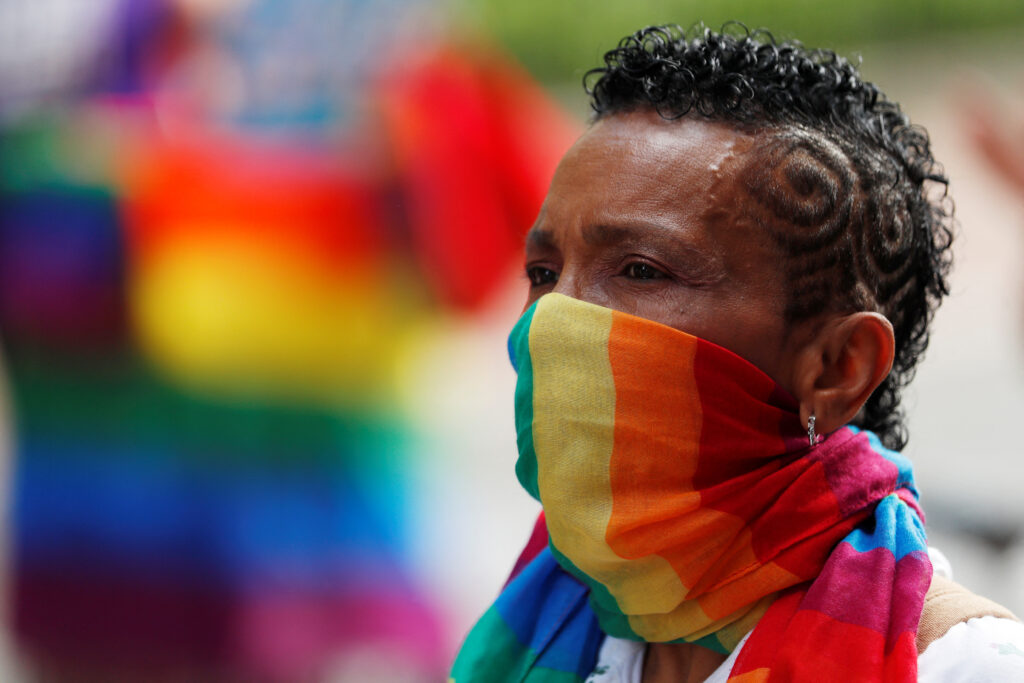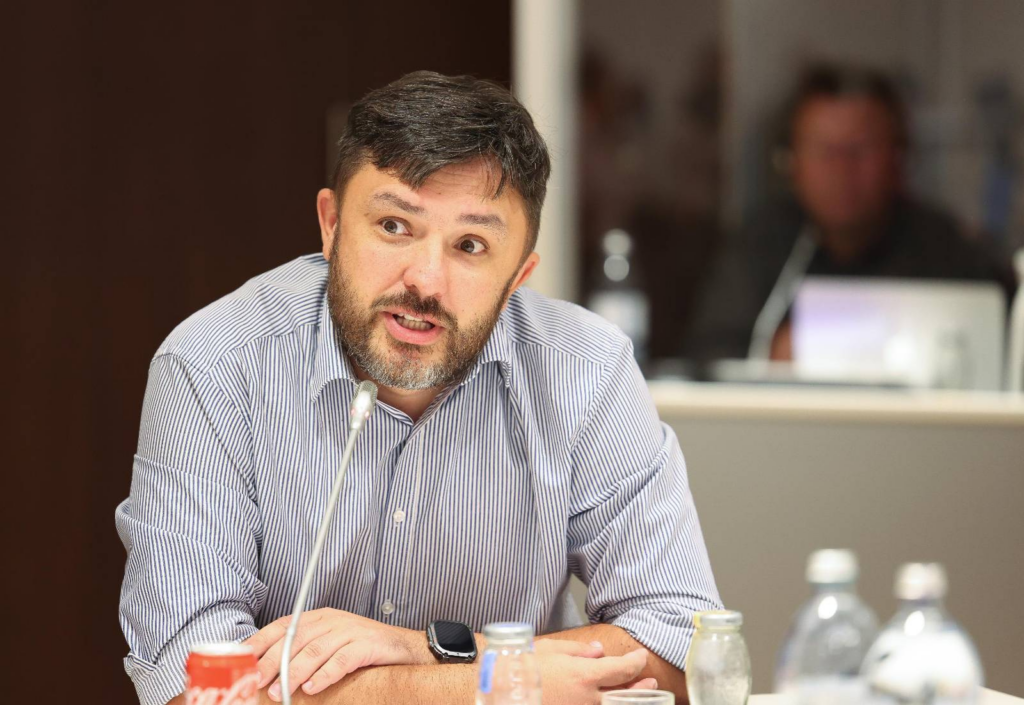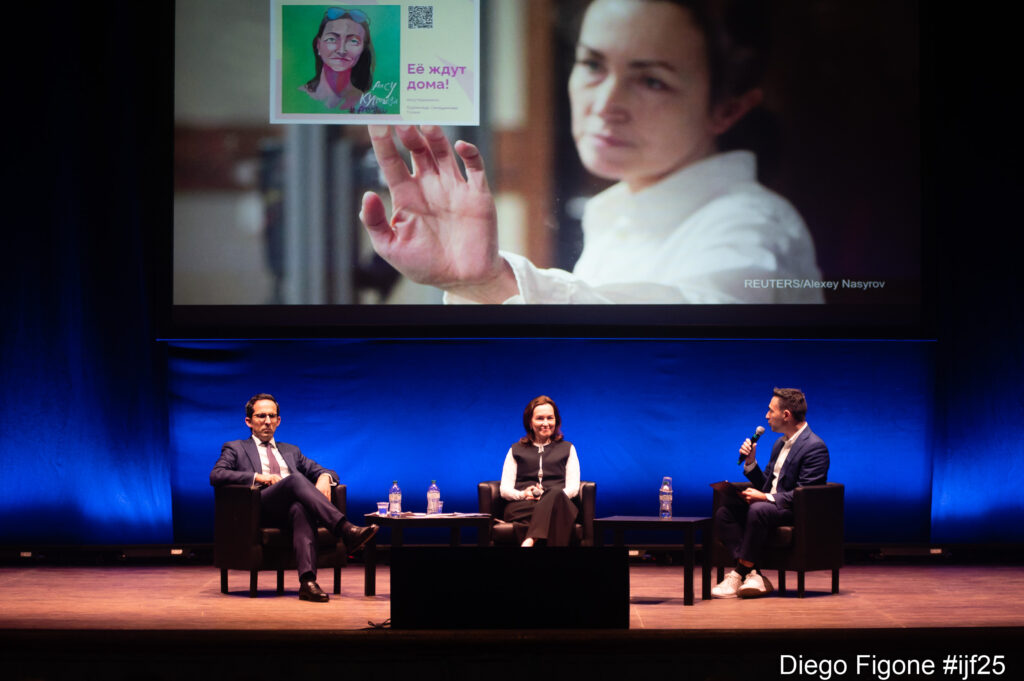
A group of 11 journalists from across Bangladesh gathered in Dhaka for a week in early December for our second course on how to cover migration, trafficking and slavery led by Editor-in-Chief Belinda Goldsmith and Bangladesh correspondent Naimul Karim.
The journalists – from newspapers, websites and TV stations – were keen to learn more about this issue with Bangladesh now home to more than one million Rohingya refugees, some of whom are being targeted by human traffickers and end up in slavery. The course is one of six such courses that the Thomson Reuters Foundation is running globally every year, funded by the Laudes Foundation.
The journalists throughout the week learnt and practiced the best ways to find, approach and write stories about trafficking and slavery, from producing compelling headlines to engaging lead paragraphs to working on story structure. They also heard from some of the experts in the field in Bangladesh.
Guest speakers included Dr. Ahmed Saleheen from the Ministry of Expatriates Welfare and Overseas Employment, Giorgi Gigauri who heads the IOM in Bangladesh, Justice and Care country manager Mohammed Tariqul Islam, and Shumona Iqfal from the Foreign Ministry. Thomson Reuters Foundation correspondent Roli Srivastava spoke to the group about some of her award-winning recent work on trafficking and slavery in India.
“It is very timely for these kinds of workshops to be held in Bangladesh,” Gigauri told the journalists who also discussed the best ways to pitch stories on trafficking and slavery to their editors once they returned to their newsrooms.
This was the second Thomson Reuters Foundation course on migration, trafficking and slavery in Bangladesh. Participants from the first course, held in January 2019, joined the second group at a team dinner on Thursday night and shared stories of how the training had helped them write more stories about migration, trafficking and slavery in Bangladesh and led to job promotions, new jobs and travel fellowships.
More News
View All
AI Company Data Initiative drives transparency on corporate AI adoption
Now open for company…
Read More
Winners of the 2025 TrustLaw Awards Announced
This week marks the announcement of the 2025 TrustLaw Awards winners,…
Read More
How the Foundation is supporting LGBTQ+ communities worldwide
Over the last year, the Foundation has…
Read More
World Press Freedom Day: the need for the equitable and ethical adoption of AI
AI will be…
Read More
Case study: How an exiled Russian newsroom is using AI to combat news fatigue
Our Media in…
Read More
Five takeaways from the 2025 International Journalism Festival in Perugia
Remarkable solidarity…
Read More
How ‘foreign agent’ laws are silencing independent media
We explore the growing threat of ‘foreign agent’…
Read More
Unpacking the regional trends of the Index of Pro Bono 2024
We take a look at the long-term trends on pro…
Read More
2024 Index of Pro Bono findings revealed
The 2024 Index of Pro Bono, compiling comprehensive data representing nearly…
Read More
Journalists cautiously optimistic about the effect of AI on the profession, our new report finds
Our new TRF Insights report sheds light on the opportunities and challenges of AI…
Read More

